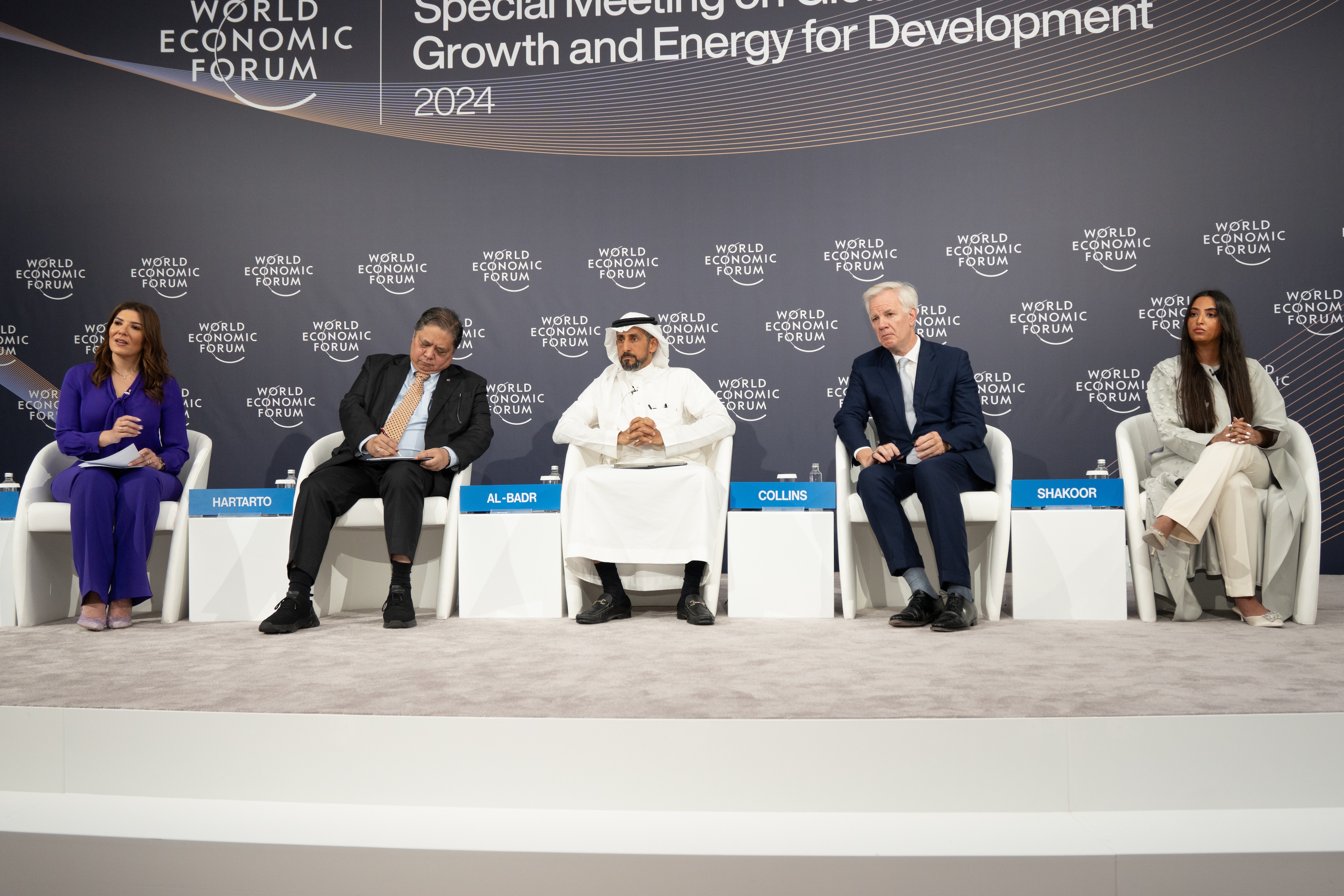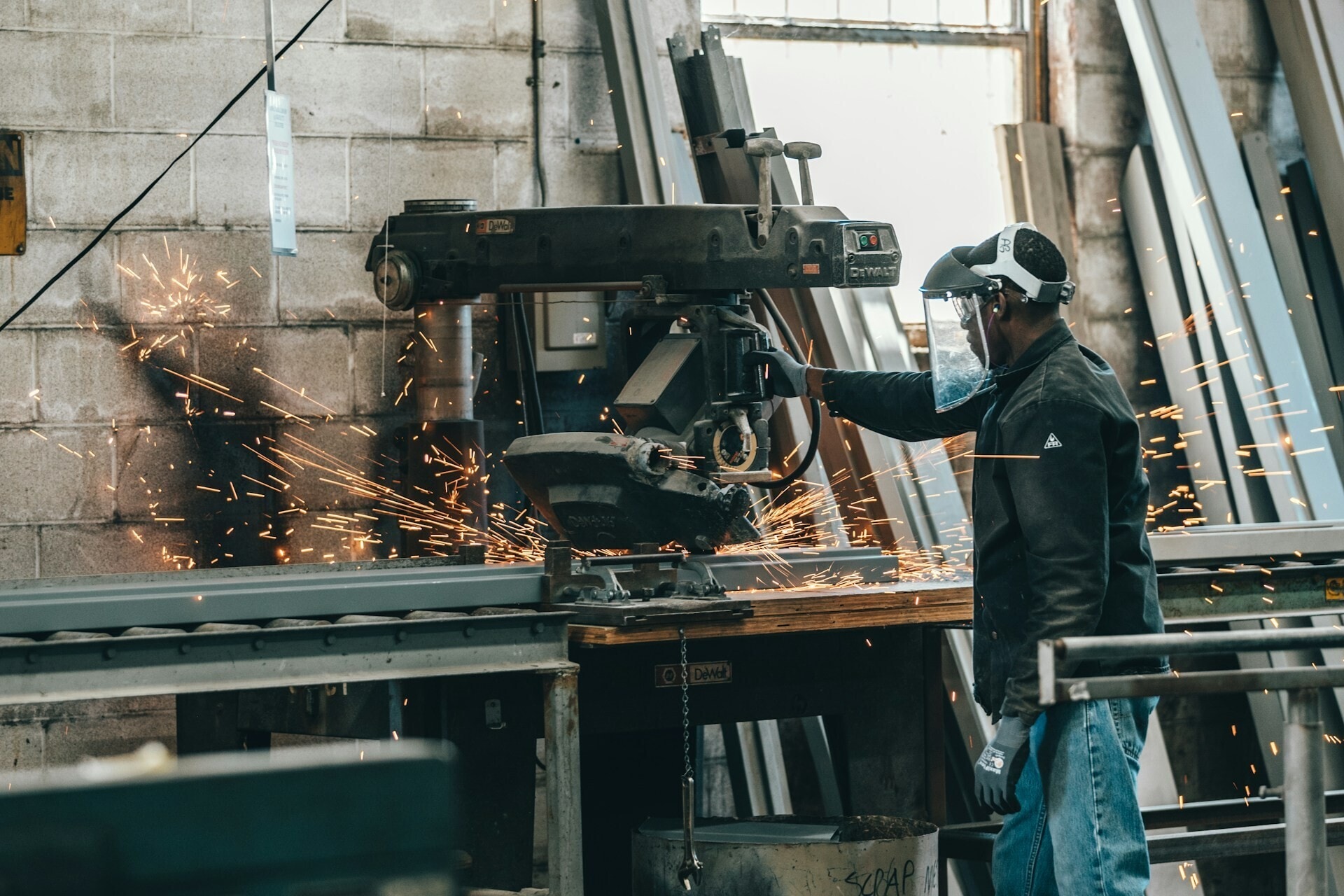This Londoner is fixing old bikes and donating them to refugees

Getting around London can be prohibitively expensive for new arrivals needing to navigate the asylum process. Image: REUTERS/Stefan Wermuth

Get involved with our crowdsourced digital platform to deliver impact at scale
Stay up to date:
United Kingdom
Thousands of unwanted bicycles are abandoned on the streets of London each year, just as thousands of refugees arrive in the UK capital desperately in need of an affordable way to move around the city. One enterprising Londoner is taking the idea of “re-cycling” literally, by turning people’s junk into a lifeline for refugees.
The Bike Project started when founder Jem Stein donated his own old bike to a Darfuri refugee that he was mentoring while studying at university. Following this simple act of kindness, he began collecting the city’s abandoned and unwanted bikes for repair, and donating the restored cycles to asylum seekers and refugees.

Five years later, the Bike Project now has a London workshop where 10 employees fix up bikes ready to give away, and also run a servicing operation. The charity trains some asylum seekers and refugees to become mechanics and generates funds by selling the best bikes through its website.
Getting around London can be prohibitively expensive for new arrivals needing to navigate the immigration process. Using a bike avoids costly bus and train fares and enables individuals to access resources like food banks, legal help, healthcare, English language classes, and much more.
“No one should have to choose between a meal and catching the bus. A bike can save you £21 a week on fares, which is £1,000 a year,” Stein told the Guardian.

To date, the team has restored and donated more than 3,000 cycles providing transport to some of the people most in need. As well as teaching simple bike maintenance, volunteers also provide cycle training to empower women seeking asylum or refugee status to have agency when it comes to their transportation needs, in some cases for the first time in their lives.
Cities on the move
A 2017 report by the World Economic Forum looked at the impact of migration on cities like London. The research found that from 2000 to 2015, global annual migration grew by 2.4%, double the planet’s 1.2% annual population growth.
Whether migrants were forced to leave their homeland or voluntary new arrivals, they invariably headed for cities.

The US attracted almost one-fifth of the world’s international migrant population, with a high proportion from Mexico and Latin America. Just 20 of America’s cities house 36% of the population.

In 2015, Germany absorbed the most migrants of any country in the region. Germany, the UK and other European nations have absorbed large migration flows from conflicts in the Middle East and people fleeing poverty in Sub-Saharan Africa.
The above map shows the main routes taken by migrants through Africa and across the Mediterranean Sea into northern Europe and the UK.
Initiatives like the Bike Project form an important step in helping new arrivals, fleeing poverty and persecution in their homeland, integrate into a new society.
Don't miss any update on this topic
Create a free account and access your personalized content collection with our latest publications and analyses.
License and Republishing
World Economic Forum articles may be republished in accordance with the Creative Commons Attribution-NonCommercial-NoDerivatives 4.0 International Public License, and in accordance with our Terms of Use.
The views expressed in this article are those of the author alone and not the World Economic Forum.
The Agenda Weekly
A weekly update of the most important issues driving the global agenda
You can unsubscribe at any time using the link in our emails. For more details, review our privacy policy.
More on Jobs and the Future of WorkSee all
Simon Torkington
May 1, 2024
Johnny Wood
May 1, 2024
Giannis Moschos
May 1, 2024
Maria Mexi and Mekhla Jha
April 30, 2024
Stéphanie Bertrand and Audrey Brauchli
April 29, 2024
Elselot Hasselaar
April 29, 2024






